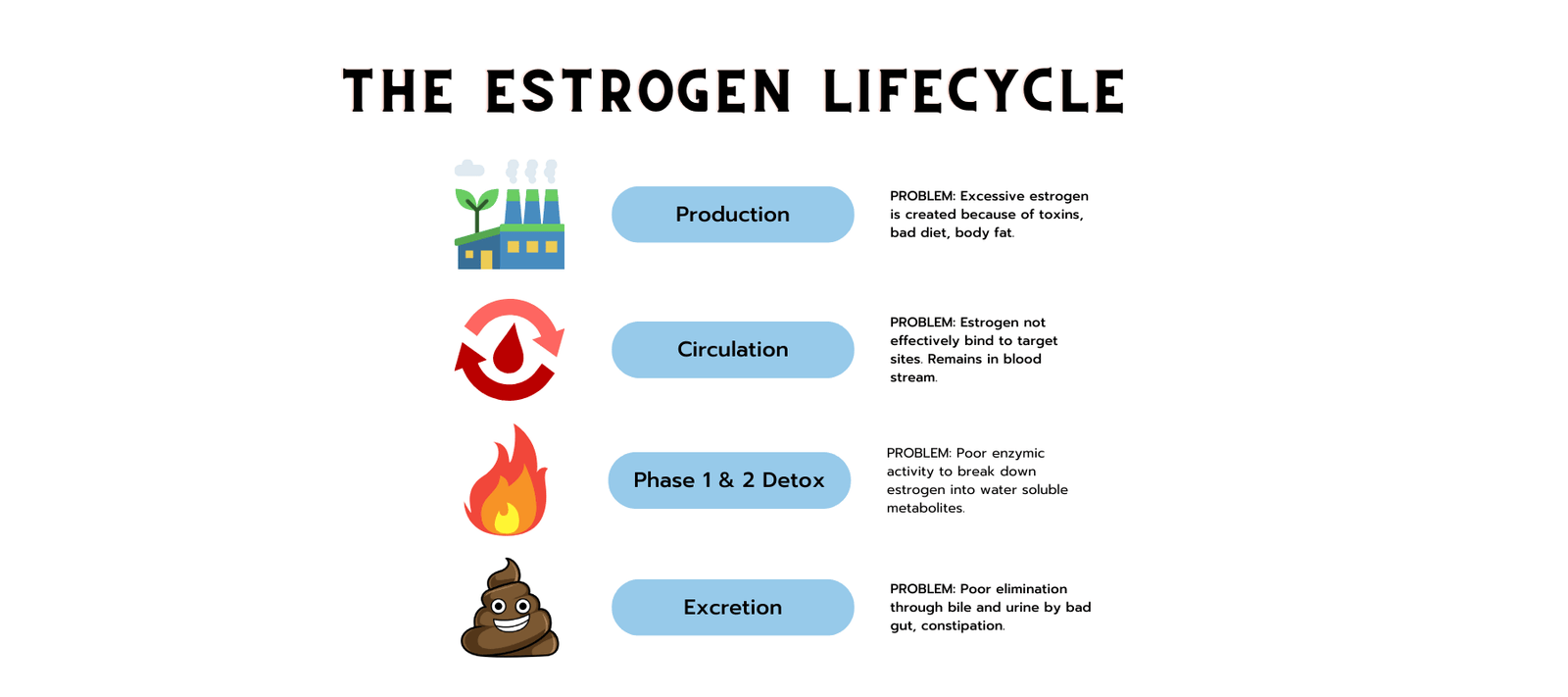Daydreaming is good for you. It fights boredom. It's therapeutic. And, done correctly, it seems to recharge your mind by clearing away recent thoughts to make way for new ones.
Not everyone agrees with this idea. Schoolteachers hate it when pupils stare out of the window. In some schools, you can even get demerits for daydreaming in class. But children should be judged on the work they turn in, not (cheating aside) on the way they achieve it.
What Is Daydreaming?
Is daydreaming a clearly defined phenomenon, or are there different kinds?
It's certainly not a process of staring vacantly into space and becoming frustrated by boredom. Don't expect a schoolteacher, your boss, or your parents to distinguish between vacant idling and creative daydreaming. You'll look pretty much the same either way. But what's going on in your head will be completely different. Bored staring is the opposite of real daydreaming.
What we're calling "real daydreaming" is the relaxing side of thinking.
Let's put it like this: our normal process of conscious thinking is like pedalling a bicycle; it requires energy - but it's also energising in itself. Only after a while does it get tiring. By contrast, daydreaming is like freewheeling downhill: pure fun! It lets you sail through the scenery of your thoughts with no effort whatsoever.
Science Backs Daydreaming
Several studies have acknowledged the health benefits of daydreaming. In one study, called "Distinct electrophysiological signatures of task-unrelated and dynamic thoughts" by Julia W. Y. Kam et al, [published in the Proceedings of the National Academy of Sciences], the researchers noted:
"Enhanced frontal alpha power was observed during freely moving thoughts compared with non-freely moving thoughts." They go further and say that their electroencephalogram (EEG) measurement techniques can now distinguish between "task-unrelated and task-related thoughts." In fact: "Alpha-power variability was increased for task-unrelated, freely moving, and unconstrained thoughts."
Be Creative
Alpha waves are just what we need for creative thinking. They calm the mind and improve our ability to think clearly and manipulate more information. They're what we generate during meditation or practising mindfulness - but proper daydreaming at odd moments during the day can serve just as well.
Creative people are better at daydreaming than others. Original ideas are more likely to come to you when you watch and listen to the outside world in a receptive mood.
Supplements
We don't offer supplements to help you daydream. But Lifetropics Adaptogen Complex can lower your stress level. Pure Rhodiola Rosea reduces physical and mental fatigue - and increases energy levels.
Otherwise, just switch off your phone and take a few minutes now and again to let your mind wander. Think of a place you've always wanted to visit - and try to imagine what it's like. Undefined thoughts of the future often occur in the free-thinking of real daydreaming.





Leave a comment (all fields required)